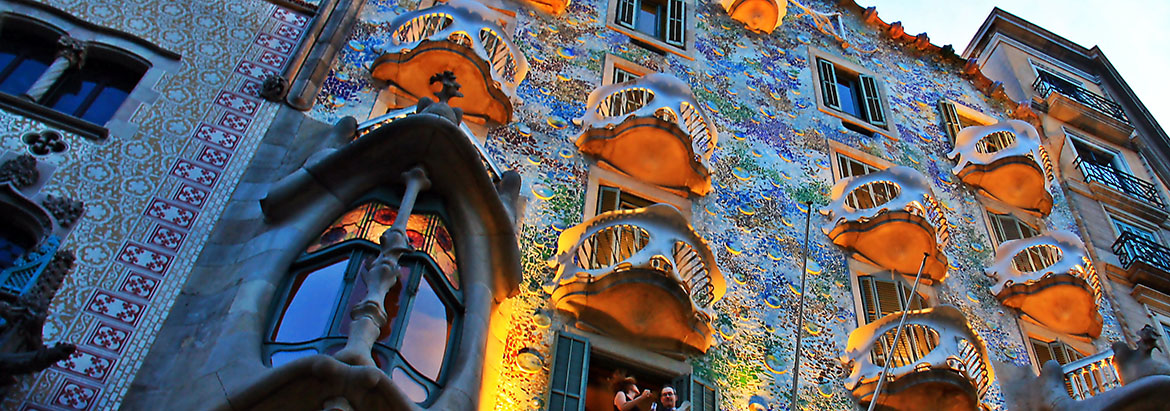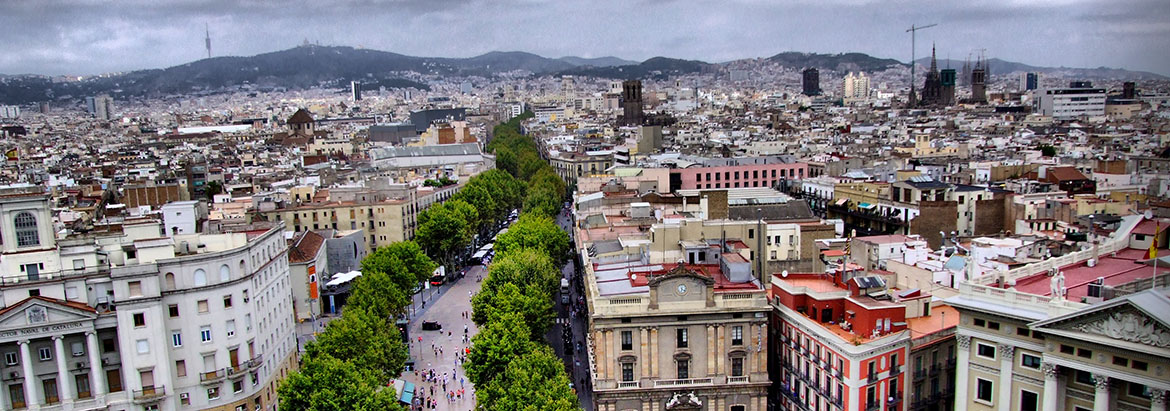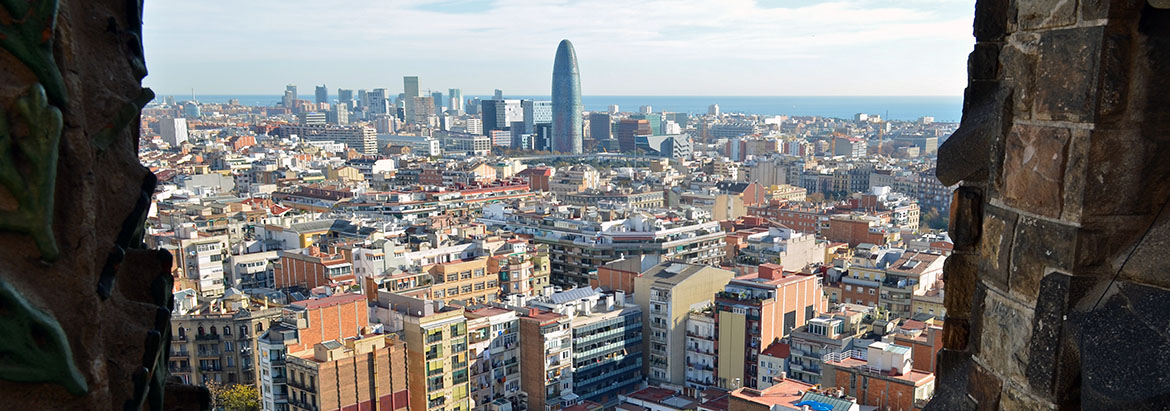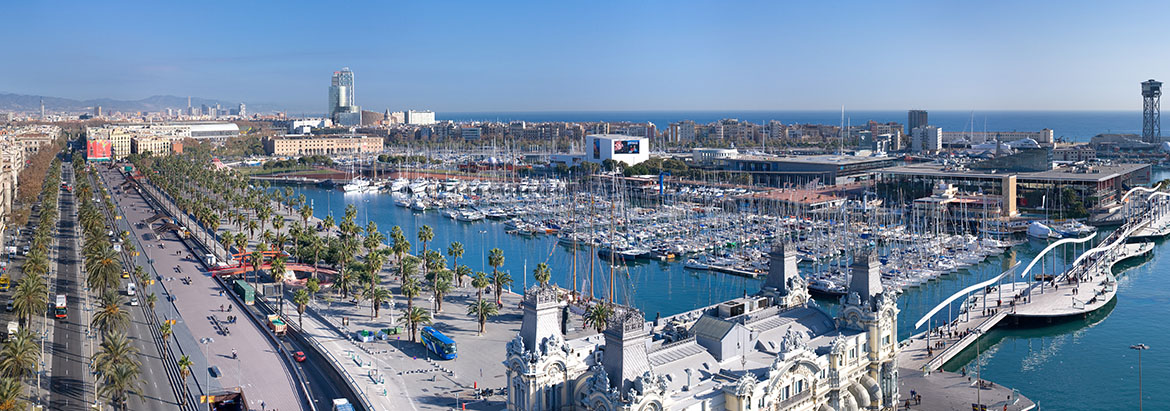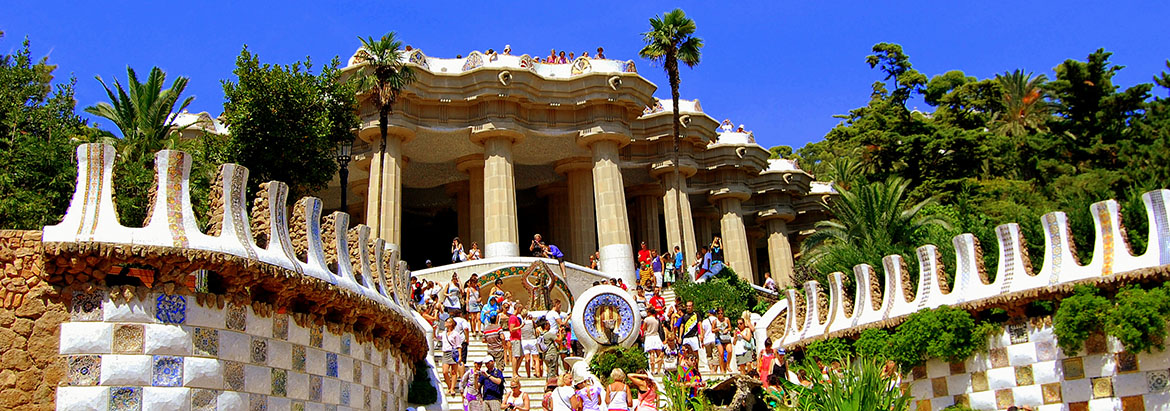Steps to follow for the buy a property
If you have made the decision to buy property, you should consider the following:
Types of housing
It can be a new building or a second hand.
Area and physical state of the property
The price of housing is conditioned by its characteristics and the area or neighborhood where it is located.
When choosing the area
- Facilities and services in the neighborhood: public transport, shops, schools
- Possible planned urban changes in the neighborhood (you can know in the town councils of the locality)
- Residential
When choosing housing
- The noise, which will normally vary depending on whether it is indoor or outdoor
- The luminosity that will depend on the orientation
- Ventilation
- The coefficient
The contract of sale and public deed
The contract must include the identification of both parties – the buyer and the seller – the description of the property sold and the annexes (garage, storage room, etc.), useful surface area, community areas and bylaws of the community of owners, If any.
You must also set the price and mode of payment, applicable taxes, such as the transfer tax for second-hand homes or VAT for new works, conditions of sale and penalties applicable to both parties in case Breach of contract.
The buyer has the right to choose the notary who must make the public deed of the sale.
The contract between the two parties can be both private and public. It is the document that will make you legally the owner of the house and where you will be informed of the rights and obligations of both the buyer and the seller.
The private contract is not formalized before a notary and consists of the document identifying the buyer and seller, the physical and legal aspects of the house, the form of payment and the stipulations of the purchase (conditions, the exact price, the moment Delivery of keys, etc.).
It does not become the legal owner of the house until the moment of the signing of the public deed, before a notary. In the public deed will also be printed all those identifications related to the buyer and the seller, the physical and legal status of the house, their value, the form of payment and the tax liabilities that are derived.
The purchase option
The purchase option is a right that would allow you to have a margin of time to finish deciding on the purchase of the house, if you still do not have it very clear or find another home in better conditions or benefits.
But if you are already sure, contact the seller, who may be either a private person or a promotional company.
Pre-purchase agreement
It is quite common that when a purchase commitment is reached a private contract is signed in which the buyer can give an amount on account of the whole sale (arras).
In this contract you must specify the characteristics of the operation: object being transmitted, price, method of payment and conditions.
Arras or bail
When you have decided which housing you want to purchase, you can make a reservation for a short period of time. Penitential anniversaries are usually agreed upon. The delivery of arras serves to guarantee to the seller that you will buy the house.
This money will be deducted from the total price of the house once the papers have been formalized. Although it is a formality of commitment, the owner has to deliver a signed document as this payment and sign has been made.
The amount of the rents can be up to 10% of the total price of the house. If you finally decide to turn back, you will lose this money. If the owner sells the property to another person, he will have to refund double the initial amount.
BUY-SALE EXPENSES
Expenses to be borne by seller
- Derivatives of a mortgage loan to finance construction in a new building
- Those attributable to the writing of new work and horizontal division of the new building
- The tax on the increase of the value of the land or the surplus value, in all the cases
- Connection of access to general supplies
- Derivatives of obtaining documents to be delivered to the buyer
Expenses to be borne by the buyer
- The purchase price of the house
- The expenses of writing the mortgage loan, if any
- VAT, 10% of the cost of housing if it is a new work or the tax on property transfers if it is a second hand home 10%
- The tax on documented legal acts (currently 1.5%)
- The draft of the notary to whom the public deed of purchase and sale is granted
- The expenses of the registration in the property register and the expenses of said management, if done by a third party
- If a mortgage loan is requested, the loan opening expenses
- The expenses of discharge and / or change of the owner of the services of water, electricity, gas and etc.
Source www.gencat.cat

